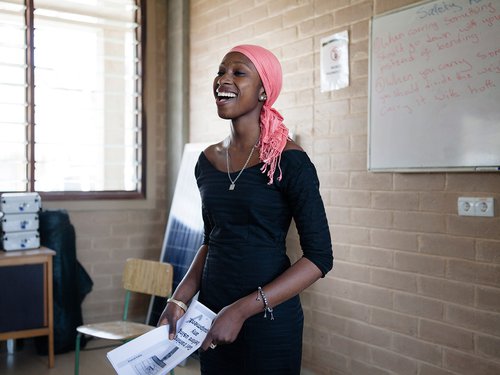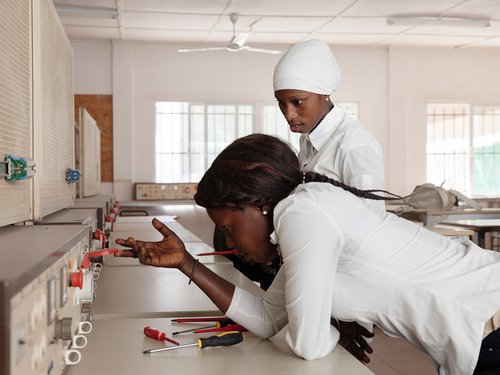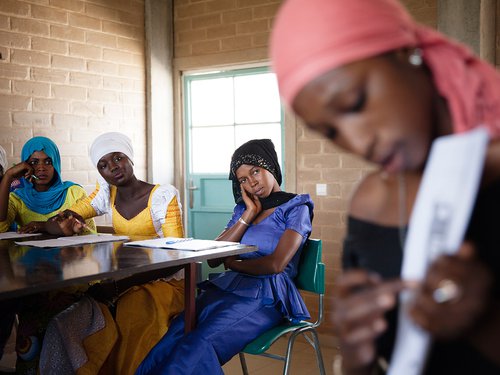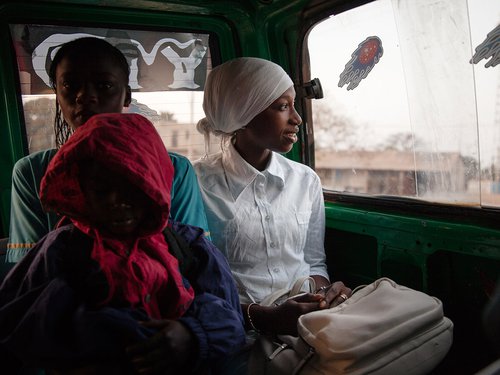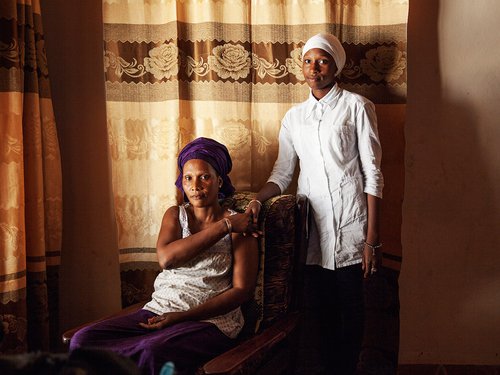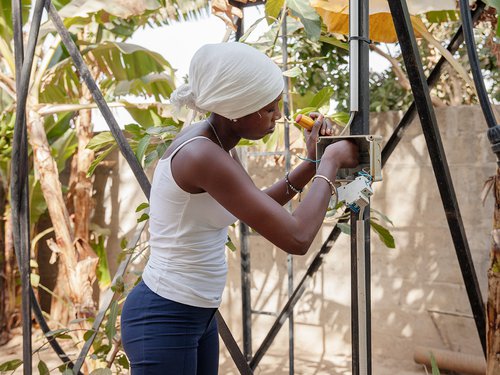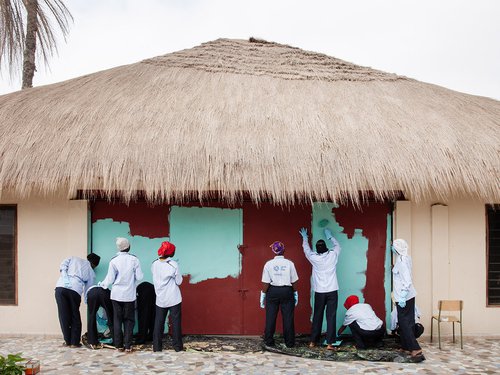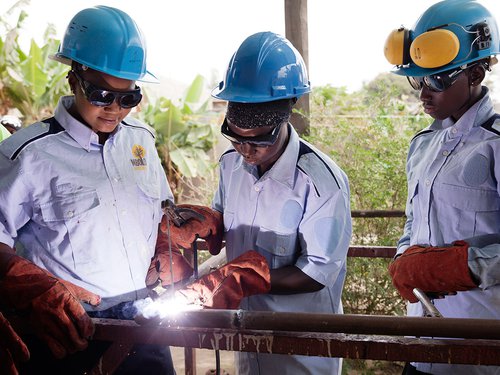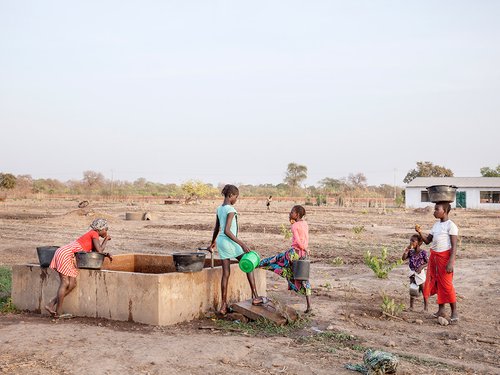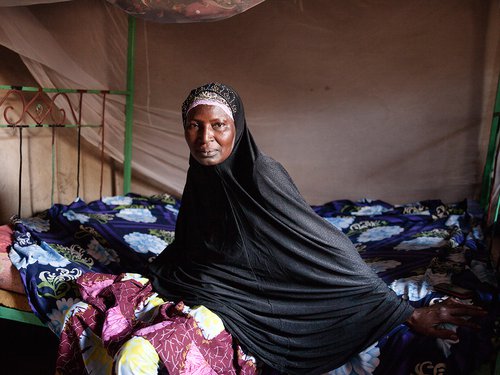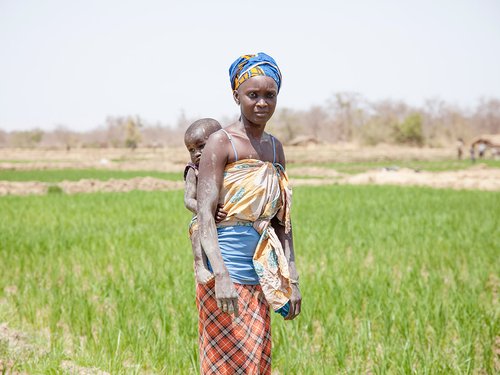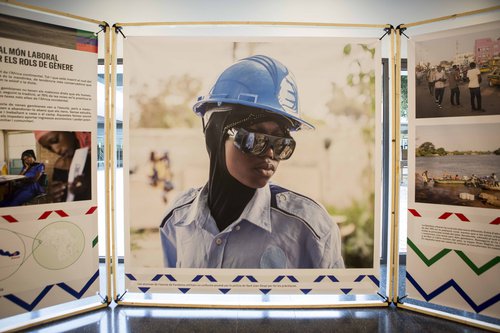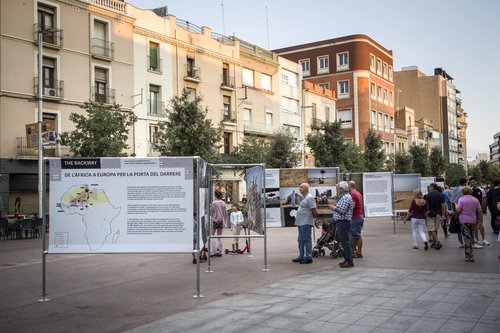Africa in feminine: struggles and victories of women in Gambia
"Africa in Feminine: Struggles and Victories of Women in Gambia” shows the difficulties women face in this Sub-Saharan African country in areas of life such as education, labor market insertion, access to economic resources and sexual and reproductive rights.
At the same time, the project reflects how women face these problems, and overcome them, through three projects developed by organizations supported by Catalan cooperations (Mbolo Association, Wassu Gambia Kafo and WASDA).
The project is carried out with the Associació Solidança and has the support of Fons Català de Cooperació pel Desenvolupament. Through this grant, the first step has been made possible, allowing RUIDO Photo to make the trip to Gambia and build an exhibition in collaboration with the City Council of Santa Coloma de Gramenet. The exhibition could be visited from March 11 to April 11, 2019 at the Centre Cívic Riu. Later, it has been exhibited in the Catalan localities of Valls and Terrassa.
In addition, a chronicle has been published in La Vanguardia about Jankey Jassey's story of overcoming obstacles.
Photojournalist Guillem Trius made the video.
by - Pau Coll - Toni Arnau - Edu Ponces

